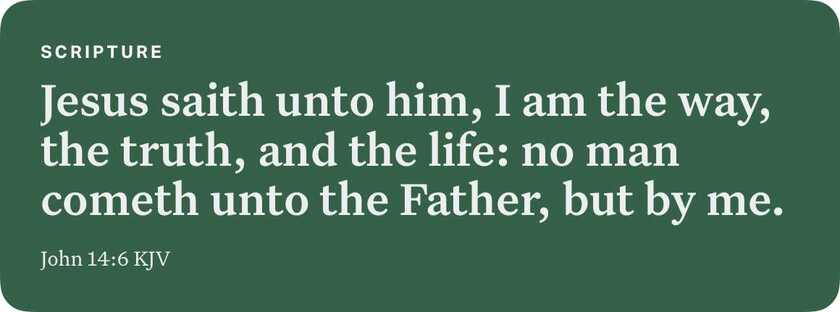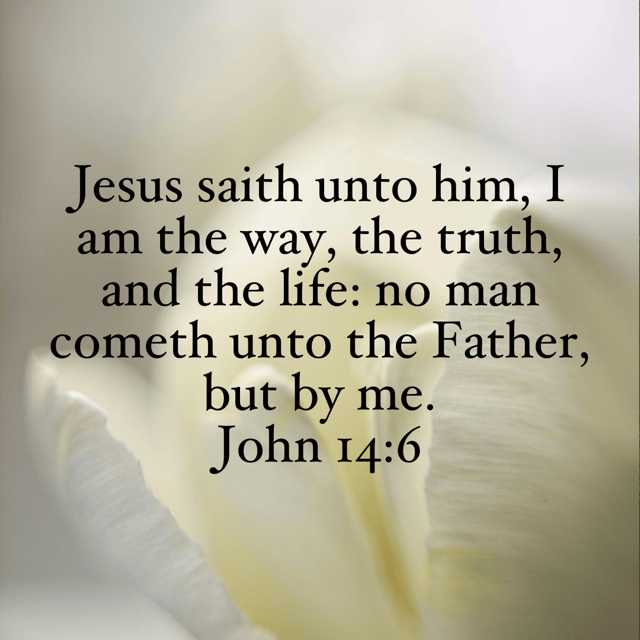I will share about Christian books I have read or listened to.
I will be sharing about my life before and after Christ. I will include stories about my pet and other pets I have encountered.
Jesus Upholds the Law
Jesus was considered a great teacher of the Torah (the first five books in our Old Testament). His ability to teach those books amazed even the most educated priests and Pharisees.
In Matthew 22, his apostle writes about when He was in Jerusalem talking with the spiritual leaders of His day and handling the hard questions they asked. Jesus had just settled a question asked of Him by the Sadducees (a spiritual sect), and was now facing the Pharisees who wanted to test and trap Him.
One of the Pharisees asked Him, “Teacher, which is the great commandment in the Law?”
Jesus answered them by saying:
“You shall love the Lord your God with all your heart and with all your soul and with all your mind. This is the great and first commandment. And the second is like it: You shall love your neighbor as yourself.”
Matthew 22:37-39 ESV
If anyone could sum up the law of God it was Jesus. He made it clear that those who believe in God will first love Him with their whole selves, and second, love those they come in contact with as themselves. This was what the law depended upon.
The only way we will love other people well is if we first devote ourselves to loving God and allow ourselves to be loved by Him. Growing in love for God involves intentionally spending time in His Word, having honest conversations with Him, and reflecting on His character every day, throughout the day. Showing love for God looks like doing what He commands—and that includes loving the people around us the way that God loves us.
So in what ways do you already love God with your heart, soul, and mind? And what steps can you take to love those around you today?
“Then all Israel gathered themselves to David unto Hebron, saying, Behold, we are thy bone and thy flesh. And moreover in time past, even when Saul was king, thou wast he that leddest out and broughtest in Israel: and the LORD thy God said unto thee, Thou shalt feed my people Israel, and thou shalt be ruler over my people Israel. Therefore came all the elders of Israel to the king to Hebron; and David made a covenant with them in Hebron before the LORD; and they anointed David king over Israel, according to the word of the LORD by Samuel. And David and all Israel went to Jerusalem, which is Jebus; where the Jebusites were, the inhabitants of the land. And the inhabitants of Jebus said to David, Thou shalt not come hither. Nevertheless David took the castle of Zion, which is the city of David. And David said, Whosoever smiteth the Jebusites first shall be chief and captain. So Joab the son of Zeruiah went first up, and was chief. And David dwelt in the castle; therefore they called it ...
















